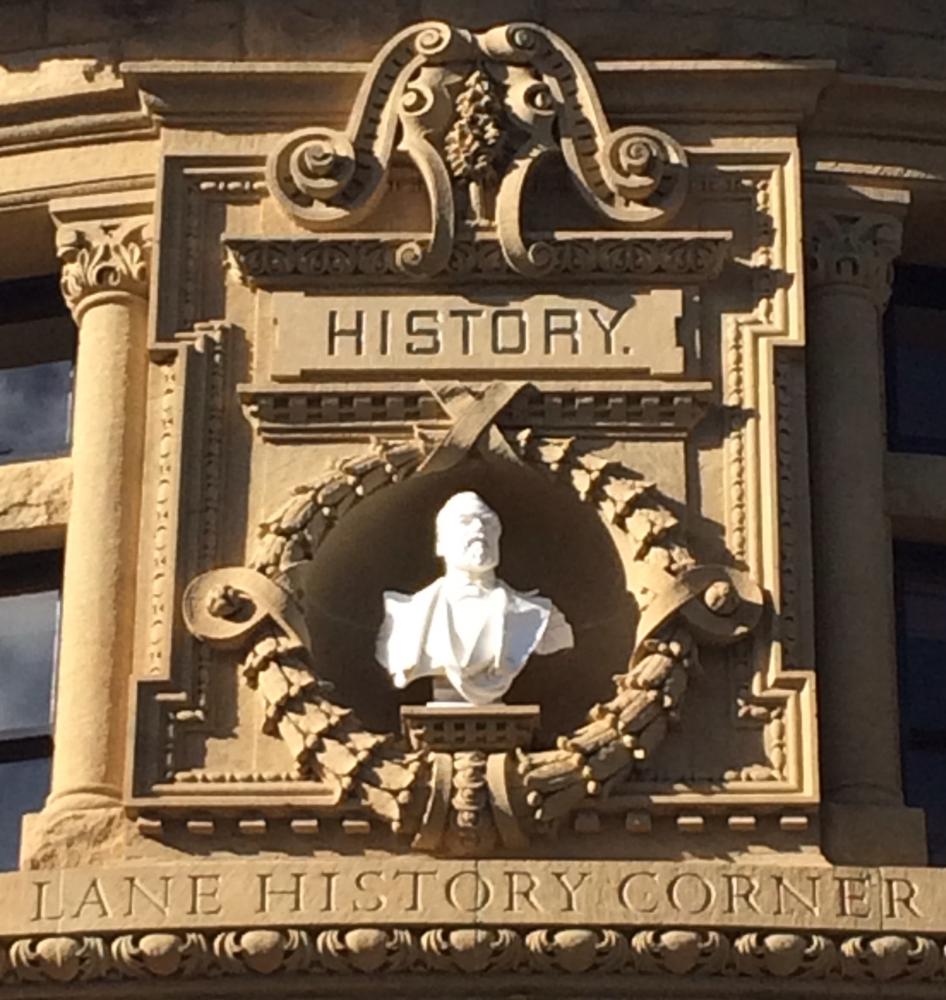At the Verso blog, the Wild On Collective—which consists of historians Ethan Kleinberg, Joan Wallach Scott, and Gary Wilder—has published a manifesto of sorts that criticizes the aversion to theory found in most Anglophone university history departments. As the text notes, academic history tends to naively see itself as an objective, empirical discipline dedicated to uncovering and interpreting the past. Theory, if it plays a role at all, is treated as a secondary curiosity. But the authors argues that theory, which complicates notions of “objectivity,” “fact,” and the way we perceive the past, is precisely what academic historians need if they which to be “thinkers” rather than mere “scholars.” Here’s an excerpt from the manifesto:
I.2 Actually existing academic history promotes a disciplinary essentialism founded upon a methodological fetishism. Treating reified appearances (i.e. immediately observable, preferably archival, evidence) as embodying the real and containing the truth of social relations, it evaluates scholarship based on whether this empiricist method has been capably employed. The field tends to produce scholars rather than thinkers, and regards scholars in technocratic terms. Historians typically write for other professional historians, paying special attention to the disciplinary norms and gatekeepers upon which career advancement depends. This guild mentality fosters an ethos of specialized “experts,” workmen who instrumentally employ their “expertise” as proof of membership and performance of status.
I.3 The current obsession with “methodology” is premised on this “workman like” approach; the odos or path to historical knowledge is assumed to be singular and those who stray from it are considered lost. This methodological emphasis narrows the disciplinary path of history, blinding researchers and readers to other possible routes to the past. In contrast, training in theory lays bare the logic, pitfalls, and advantages behind the choice of any one path.
I.4 Lying behind this fetishism of method is an unquestioned allegiance to “ontological realism.” Central to this epistemology is a commitment to empirical data that serves as a false floor to hold up the assertion that past events are objectively available for discovery, description, and interpretation. Here the tautology is exposed: empiricist methodology enables the rule of this realism while this realism guarantees the success of empiricist methodology.
Image: Lane History Corner, Stanford University.
